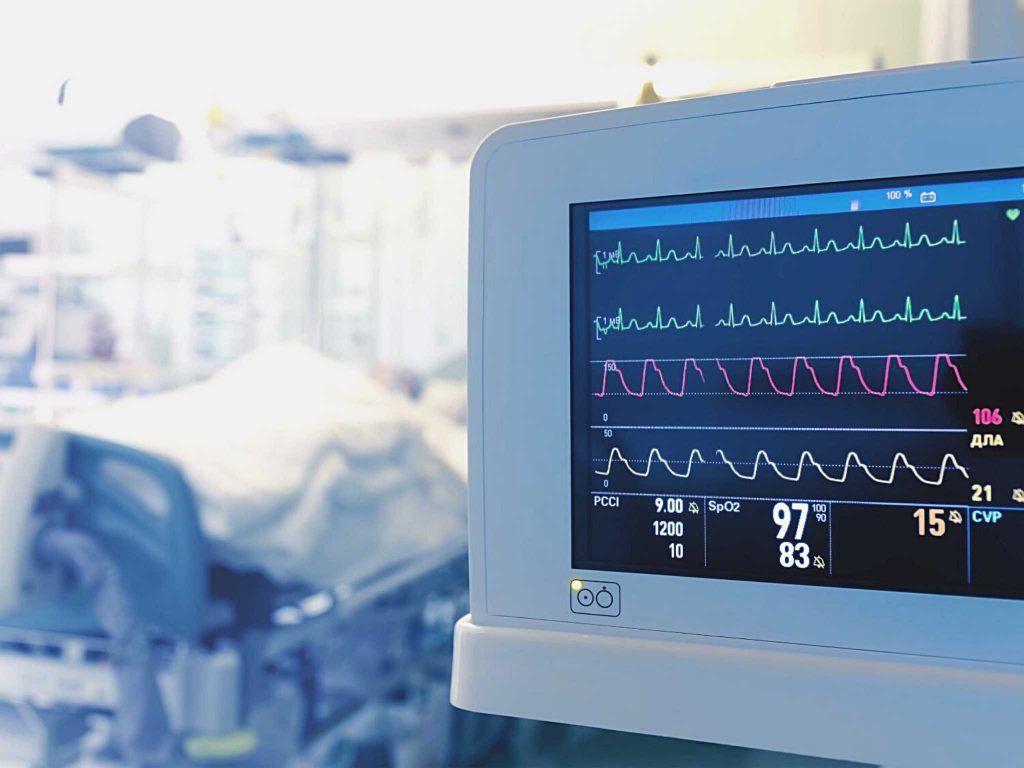What is a Progressive Care Unit?
First, let me preface by saying that every hospital is different. There are multiple levels of care within the system such as critical, intermediate, acute, and many more; however, depending on the size of your hospital, the levels of care may vary.
Walden University defines progressive care as being “care provided to hospital patients who need more monitoring and assessment than patients on the surgical/medical floor but whose conditions aren‘t so unstable that they need to be in the ICU.“
Following, a progressive care unit is also known as a “step-down” unit from the ICU.
So, you might be wondering, ‘What’s the difference between a progressive care unit and a telemetry unit?’ Let’s keep going!
Although some may consider this a complete level of care, in most instances, those who work in telemetry units monitor patients through medical devices such as a cardiac monitor. If a provider has ordered telemetry monitoring for a patient, it does not classify the patient into a higher or lower level of care.
In some cases, a progressive care unit may be classified into specialized units such as, a cardiac progressive care unit or a medical progressive care unit.
Patients admitted to a PCU typically have a diagnosis such as a post-stent placement, post-cardiac cath, heart attack, congestive heart failure (CHF) exacerbations, or pacemaker placement.
A medical PCU provides specialized care for patients with various diagnoses including angina, sub-acute MI, and CHF. Most of these patients have been moved from critical care to these specialized progressive care units following a surgical procedure. Additionally, these units can offer education and counseling regarding disease management, medications, and activity/rehab management.







